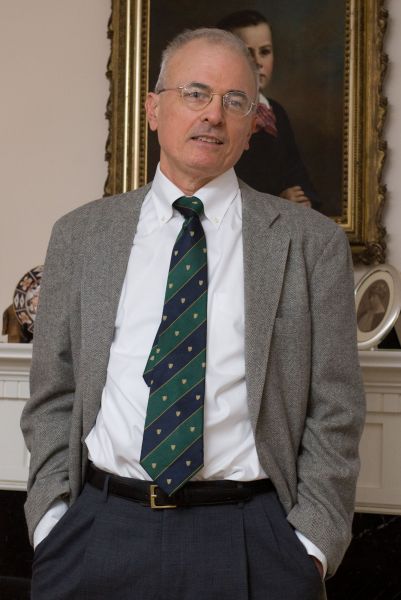Hoffer and Conservatives
I had a curious feeling when I started studying the history of political philosophies and economic models. Most intelligent or engaged Americans identify themselves as "Liberal" or "Conservative", or politically Left and Right. But "Liberal" in the late-19th century referred to the burgeoning new class of wealthy entrepreneurs, who benefited from the capitalization of industry. Liberal politics defined the freedom of a citizen to start any business he wanted, without government permission. He only had to purchase a business-license.



